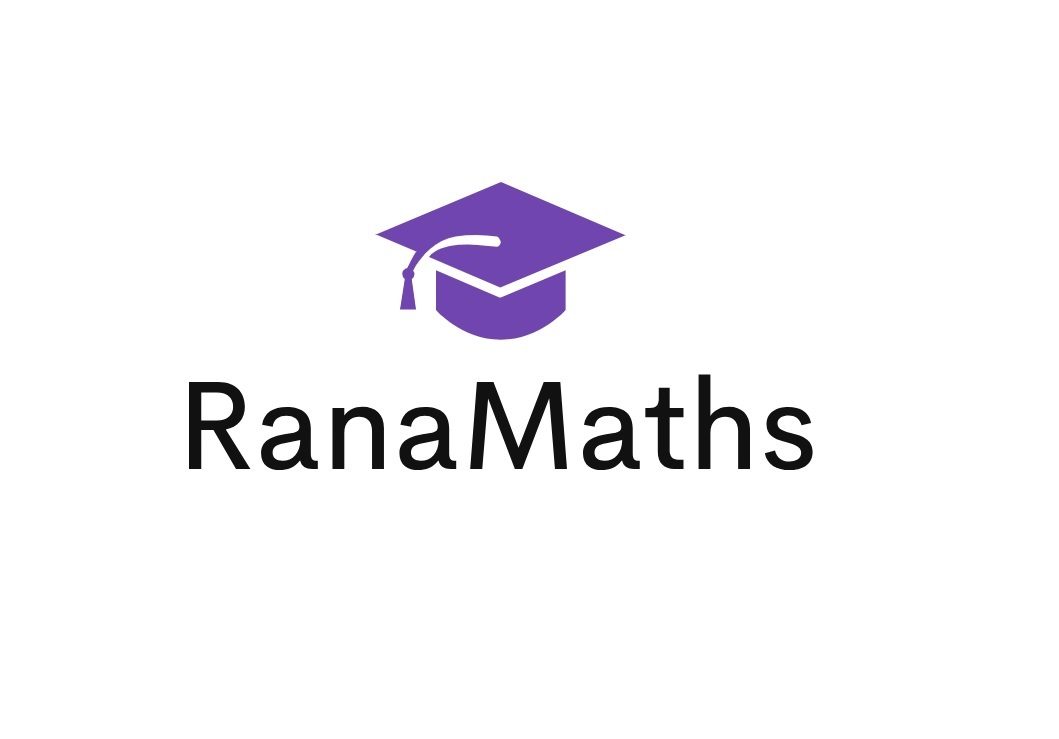Advanced Analytical Dynamics Notes for MS/MPhil
Advanced analytical dynamics, often referred to as classical mechanics or theoretical mechanics, is a branch of physics and mathematics that deals with the study of motion and the forces that cause it. It extends and builds upon the principles of Newtonian mechanics, which describe the motion of objects based on forces and their interactions. Advanced analytical dynamics goes further by employing more sophisticated mathematical techniques and concepts to solve complex problems in mechanics.
Analytical dynamics focuses on expressing physical principles and equations of motion using advanced mathematical methods.
- Lagrangian Mechanics: Lagrangian mechanics, an analytical approach to classical mechanics, formulates the equations of motion by utilizing the Lagrangian function, defined as the difference between kinetic and potential energy.
- Hamiltonian Mechanics: Hamiltonian mechanics provides an alternative formulation of classical mechanics using the Hamiltonian function.
- Variational Principles: Exploration often involves variational principles, including Hamilton’s principle of least action. These principles provide a powerful and elegant way to derive the equations of motion.
- Rigid Body Dynamics: Advanced analytical dynamics delves into the motion of rigid bodies. Considering rotational motion, moments of inertia, and Euler’s equations of motion for rigid bodies.
- Symmetry and Conservation Laws: The connection between symmetry principles and conservation laws. Like the conservation of angular momentum and energy, may be studied.
- Canonical Transformations: Canonical transformations in Hamiltonian mechanics involve changing coordinates and momenta while preserving the form of Hamilton’s equations.
- Perturbation Theory: One may apply techniques like perturbation theory to analyze systems featuring small deviations from known solutions.
- Nonlinear Dynamics and Chaos: Advanced courses may explore nonlinear dynamics, chaos theory, and the behavior of dynamical systems under complex conditions.
- Applications to Celestial Mechanics: Analytical dynamics has important applications in celestial mechanics, studying the motion of planets, moons, and other celestial bodies under gravitational forces.
Advanced analytical dynamics is often a course taken at the graduate level or by students with a strong background in classical mechanics and mathematical methods. It provides a deeper understanding of the principles that govern the motion of physical systems. It holds value in fields such as engineering, physics, and applied mathematics.
Advanced Analytical Dynamics Notes for MS/MPhil
Keep visiting our website www.RanaMaths.com
